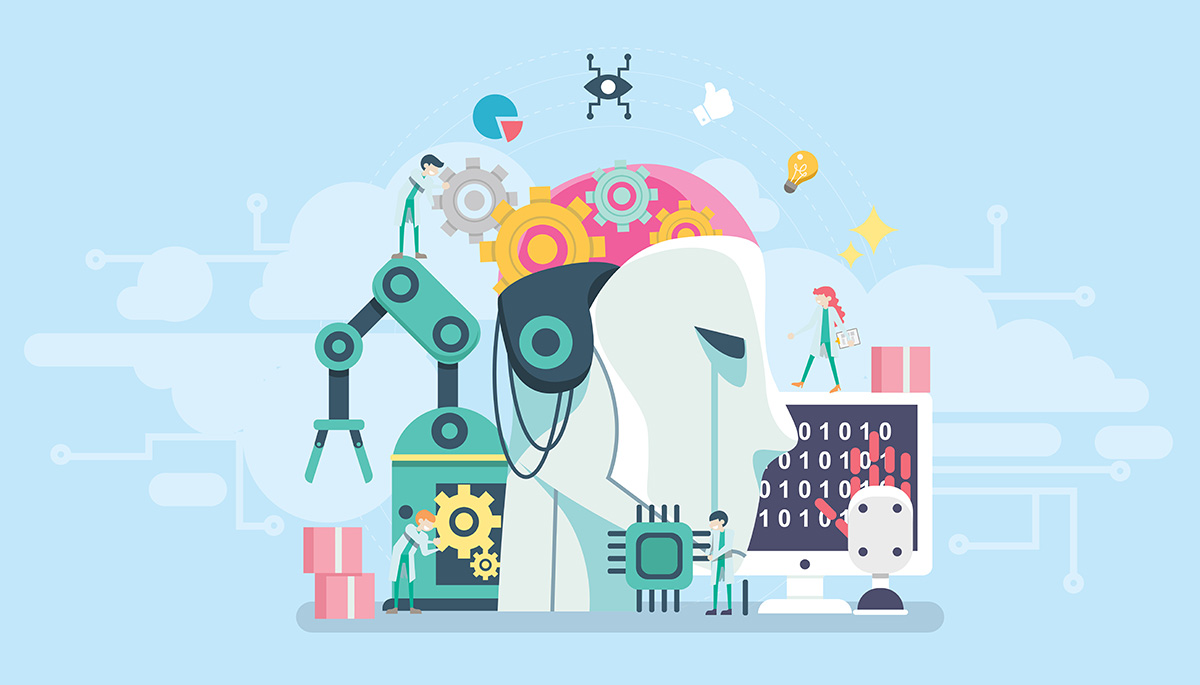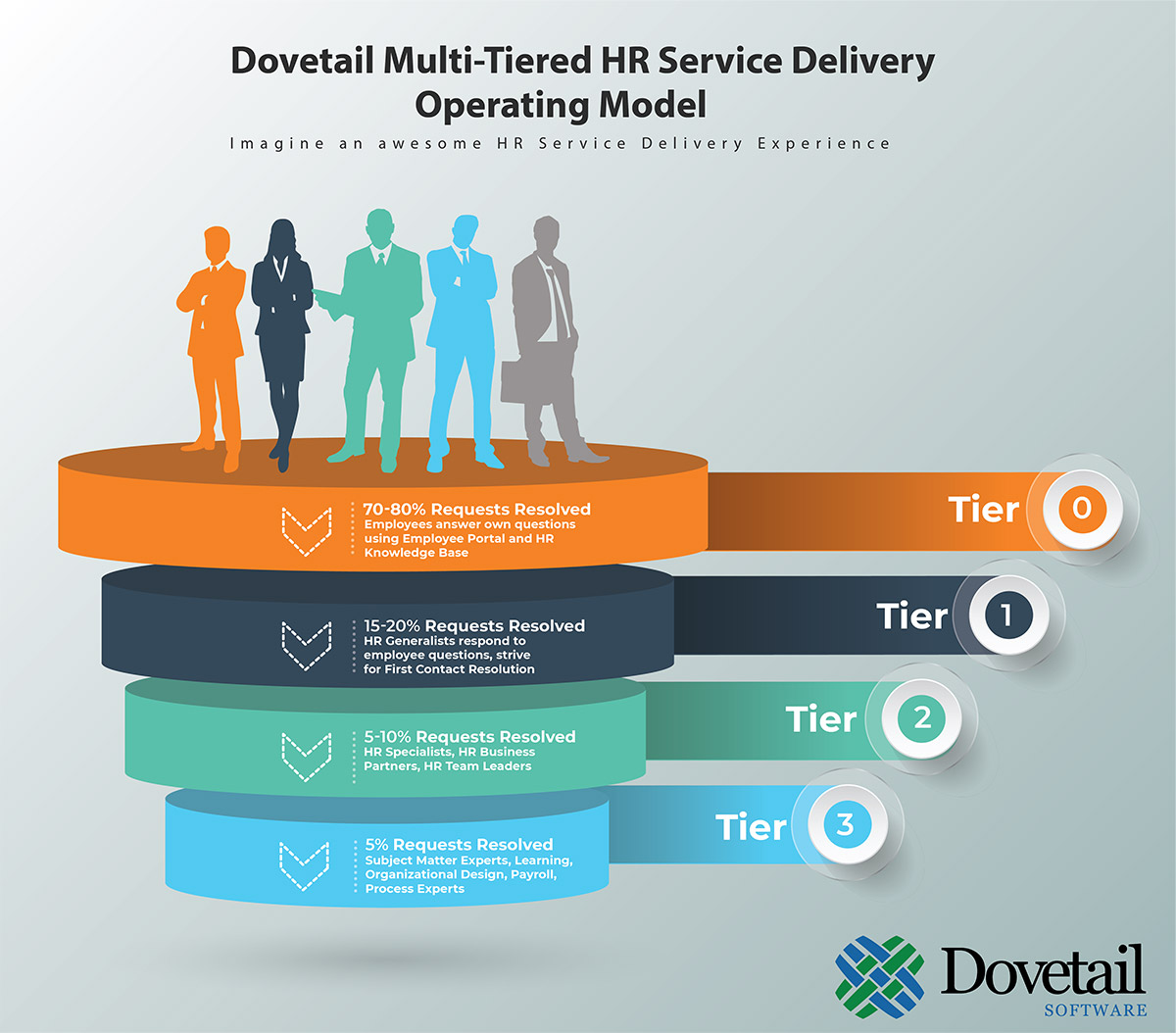
Knowledge Management (KM) for HR refers to the systematic process of capturing, organizing, distributing, and effectively using the vast array of knowledge and information related to human resources functions within an organization. This encompasses everything from employee onboarding procedures, training materials, policies, best practices, to insights from employee feedback and historical data.
HR Knowledge Management Objectives
-
Centralize Information: Create a centralized repository or knowledge base where HR-related information is stored, making it easily accessible to HR professionals and, in some cases, employees.
-
Enhance Decision Making: By having a well-organized system, HR professionals can make informed decisions based on historical data, best practices, and accumulated knowledge.
-
Improve Efficiency: Reduce the time spent searching for information or "reinventing the wheel" by having standardized procedures and answers readily available.
-
Facilitate Onboarding and Training: New HR staff can be onboarded more efficiently when there's a structured KM system in place. They can quickly learn about company policies, procedures, and best practices.
-
Promote Consistency: Ensure that HR practices, responses, and decisions are consistent across the organization by referring to a standardized knowledge base.
-
Empower Employees: Some KM systems, especially those with self-service portals, allow employees to access information directly, reducing the need for them to always approach HR for queries.
In essence, HR Knowledge Management is about leveraging the collective knowledge of the HR department to enhance productivity, improve service delivery, and promote a culture of continuous learning and improvement.
HR Knowledge Management: Instant Search
It’s likely you used Google, Yahoo or another search engine to find this post. If so, you’ll already be familiar with using a feature of a knowledge management system; Instant Search, which helps users find what they want by retrieving (based on keyword search terms) information from the web, the ultimate fount of knowledge and information available today.
The same idea of making knowledge instantly available, is being applied within companies by making organizational knowledge easily accessible to employees via technology features such as Instant Knowledge Search.
To understand why, let’s briefly delve back in time, to when the idea of using knowledge management systems as a valuable organizational tool was first being developed.
Back in 1994, the concept of Knowledge Management in organizations was perhaps best defined by Tom Davenport, a thought leader in organizational Knowledge Management:
“Knowledge Management is the process of capturing, distributing, and effectively using knowledge.”
Tom Davenport (1994)
It was proposed that companies adhering to this principle would increase their efficiency and productivity, by working smarter; they would stop ‘reinventing the wheel’.
Since then, software application companies have strived to develop technology that helps organizations deliver Knowledge Management capabilities to their employees.
At Dovetail Software we have developed, designed and built a Knowledge Management system within our HR Case Management technology for the HR Service Delivery function.
Our HR Case Management solution including Knowledge Management and Employee Portal, with features such as Knowledge Content Management System, Knowledge Base, Instant Search, Automated Workflow and online collaboration tools, have helped our customers maximize the value of their knowledge assets. For example, Dovetail’s Instant Search feature, which is similar to Google Search, helps employees find answers to their own questions, cutting inbound inquiries into HR by over 50%, which translates to a significant saving in the cost of delivering HR services. This self-service feature also empowers employees, as they can help themselves 24x7, without having to wait to connect with an HR Adviser.
“The thing that stood out for me was that I was also looking for a self-service portal with robust knowledge base. Because in order for my team to become more efficient, I needed our colleagues (employees) to start using the Instant Search self-service feature to reduce the need to call HR for every question that they had. Dovetail’s Employee Portal with Knowledge Management stood out for me and provided that solution.”
Lori Sappington, HR Shared Services Manager, First Midwest Bank
When we set out to build a robust Knowledge Management system, we first had to define what Knowledge Management is within the context of the HR function. Our research concluded that we needed to develop a solution with the following characteristics and benefits:
1. Make organizational information available and accessible to employees and HR
It almost goes without saying, that making an organization's data and information available to the organization’s employees is a key feature of any Knowledge Management system. By providing employees with access to organizational knowledge through search engines, dashboards and portals the value of an organization’s knowledge can be ‘unlocked’.
“Dovetail’s Knowledge Search is much more robust than other search engines I’ve seen. For other systems, you have to ‘build out’ how you want your searches returned vs. dynamically having the tool review your content and return the closest match (without the build out and maintenance). With Dovetail’s Search we’ve found our portal page hits drop because employees can get where they need to faster, rather than having to click through menus to get there. When we rolled it out, we called it ‘Smart Search’ as a way to differentiate from the user experience they had been accustomed to.”
Krissy Murdock, Director, HR Shared Services, Memorial Herman
2. Make it easy for employees and HR to find the right expertise
A Knowledge Management system must enable employees and HR to access expertise within the organization.
In the context of HR Service Delivery and resolution of employee cases, this means using Automated Workflow technology to enable employees to route questions direct to Subject Matter Experts (SMEs) within the organization. The SMEs are those persons within an organization, who have expertise in the specific area related to the employee’s case, usually HR Business Partners and HR Centers of Excellence (COEs). Automated Workflow effectively puts the expertise of the organization at the employee’s fingertips.
Dovetail’s enabling technology includes:
3. Provide access to a Knowledge Base that enables ‘lessons to be learned’, so that the same problem never needs to be solved twice
Solving the same problem time and time again wastes time, energy and resources.
Knowledge Base technology means once an employee case is solved, it can be documented as a solution and added to the Knowledge database. A Knowledge Base that captures, indexes and makes accessible (via Instant Search) hard-won solution knowledge, to employees and HR Advisers means the same problem is never solved twice. It also ensures consistency in responses to employees, which raises service levels and employee satisfaction.
“I wanted to start building a knowledge base so that people start getting the same answers to questions and not getting a different answer from a different person - so they could go and look at the Knowledge Base and see if we had the answer to that question already and then get a consistent answer. So I was looking for a knowledge bank that would provide consistent answers.”
Mick Schoenberger, Vice President Total Rewards, Tower Health System, Tower Health
Dovetail’s enabling technology features include:
4. Build Knowledge Sharing

Remember a time when knowledge was shared at the department coffee machine? Or company canteens? Yes this still goes on, but how times have changed. Changes in the modern working environment such as flexible working and international teams, mean we are continuing to work more in the virtual world, where people are far less likely to meet and share ideas face-to-face.
The sharing of knowledge has to keep up with this new environment, reproducing those ‘coffee machine’ moments in the virtual world, if it is to ensure the value of knowledge creation is not lost. Technology with collaboration features is providing the answer. For example, with HR Case Management, HR Advisers can collaborate within an online HR Case Management system with colleagues regardless of their location to solve an employee’s case.
Dovetail’s enabling technology includes: HR Case Collaboration functionality.
In conclusion it’s clear that Knowledge Management technology is helping organizations maximize the value of their organizational knowledge assets.
Dovetail is leading the way in providing Knowledge Management solutions for HR, enabling them to share knowledge with employees, which results in improved HR Service Delivery and more efficient processes.





























